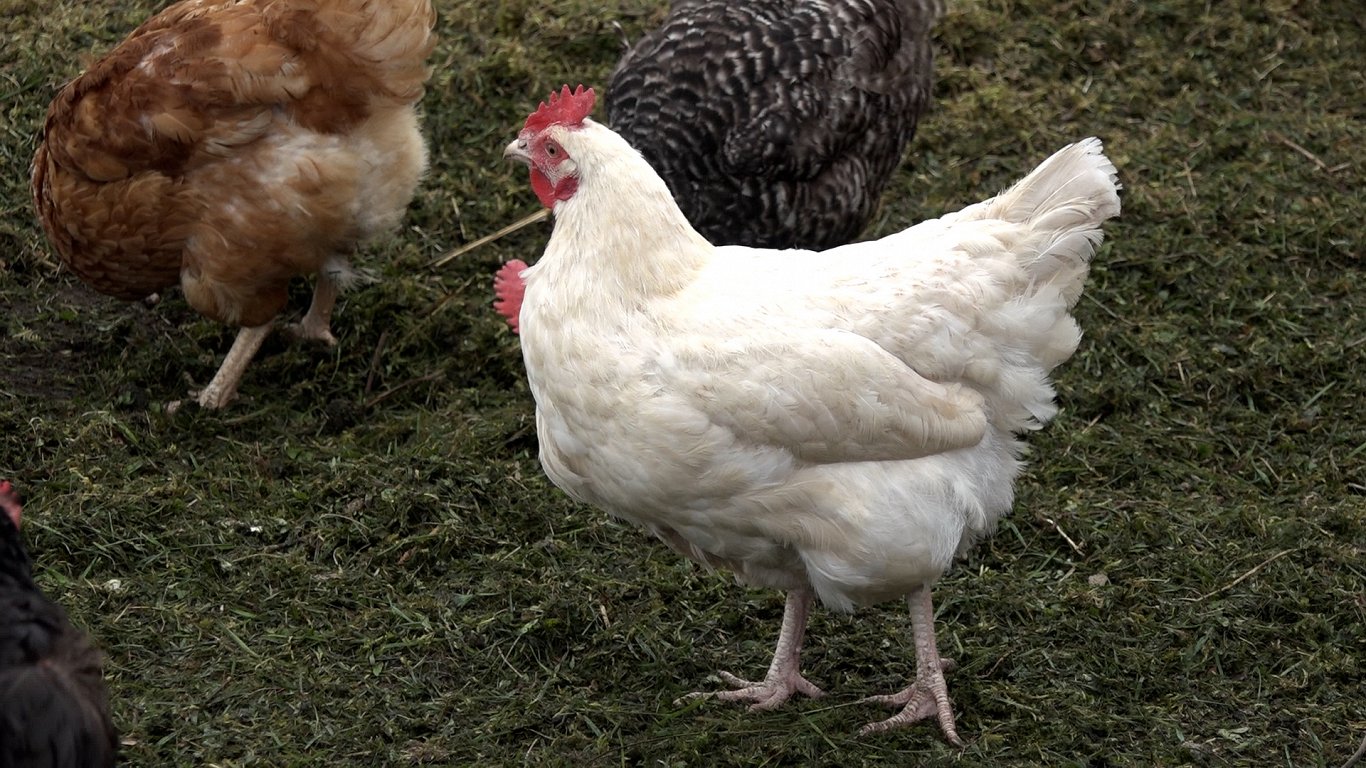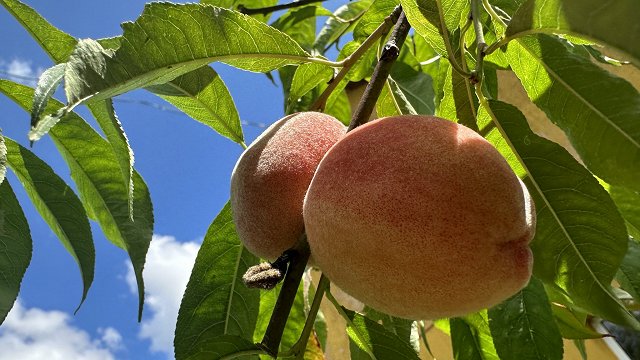The European Union has defined four forms of keeping chickens, which are indicated by a specific category number on eggs found in shops:
➔ Zero denotes eggs laid by 'organic' hens. They are kept outdoors and fed on organic feed;
➔ Number 1 on the egg means that the hens are also free-range but fed standardized feed;
➔ Number 2 means the hens are free to move around in the barn;
➔ Number 3 denotes eggs laid by caged hens.
Barn eggs (code beginning with 2) are increasingly common on store shelves, replacing category 3 eggs. They have also recently been subject to a higher discount.
According to Liene Dupate-Ugule, Communications Manager at Maxima Latvija, the store has launched a long-term price reduction campaign specifically for eggs from hens laid outside cages, which has led to a threefold increase in demand:
"Our commitment is also to move away from caged or category 3 eggs by 2025. We have already started to phase this in now, and currently, the majority of eggs, 60%, are from non-caged hens."
Inga Bite, PR manager at Rimi Latvija, also points out that the company is committed to phasing out the sale of caged chicken eggs. The company has recently seen an increase in sales of free-range chicken eggs, but observations show that the majority of buyers still opt for category 3 eggs:
"The turning point was in 2017 when we made this commitment and signed this memorandum with animal activists - Animal Freedom - and we are definitely moving towards this goal. We will ask shoppers to think twice at Easter, and maybe this is the time of the year when we can reflect and look at what eggs we are putting on our festive table."
About 69% of laying hens in Latvia are kept in cages. Against the European background Latvia still has room to grow, as only 40% of hens in Europe are caged.
Balticovo, the largest domestic egg producer, which accounts for around 80% of all eggs available in the market, says it plans to switch completely to cage-free production by 2027. Currently, just over 30% of the company's hens are outside cages.
"There is still a long way to go. We have invested more than €40 million. We have to rebuild the factory. In the industry, eggs laid by caged hens will probably be replaced very soon by number 2 or barn eggs. I think it is irreversible and it is good that it is so. We are one of the pioneers in this direction and, as they say, we are setting the tone for other egg producers," says Toms Auškāps, Communications and Development Director at Balticovo.
The situation is similar at the second largest egg producer in Latvia, "Alūksnes putnu ferma". This company is also gradually switching to the principle of keeping chickens outside cages.
Welfare plays an important role in the life of a chicken, but how do these conditions affect the quality of the egg? Asnate Ķirse-Ozoliņa, senior researcher and assistant professor at the Faculty of Agriculture and Food Technology at the Latvian University of Biosciences and Technology, carried out a study to find out the main differences between free-range, barn and caged hens' eggs. She says that housing conditions do not affect the eggs as much as the quality of the feed:
"Recent studies have shown that even these caged eggs actually have higher quality scores because they have standardized feed. Housing of course plays an important role, stress levels in the body change and these hormones also affect egg quality, but this will not have as much impact on the quality of the egg as on the chicken's emotional state."
The results of the study show that free-range chicken eggs contain more cholesterol, vitamin D and iodine, but you would have to eat a lot of eggs to feel the difference.
Changes in chicken welfare in Latvia are continuing, and the organization Animal Freedom says that the biggest changes are coming soon, when number three eggs will disappear from the shelves of many shops:
"It's still an excruciatingly slow process and we wish it would happen sooner. For many companies, the promised end of the transition period is 2025. That is soon. A large part of the Latvian public really cares about animals from the bottom of their hearts. This is evident in various sociological surveys. 94% of Latvians say that farm animal welfare is important and now, for example in Europe, 89% say that cages should be banned," said a representative of Animal Freedom, Katrīna Krīgere.



























